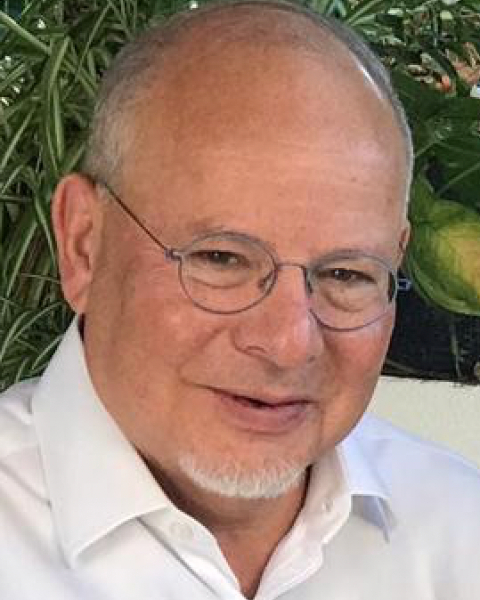Hematologic Malignancies
EDU 19 - Is Consolidation Radiotherapy Still Needed for Lymphoma in 2024? Reappraisal in Light of Recent Trials Results
AMA PRA Category 1 Credits 1.00
CAMPEP Credits: 1.00
MDCB Credits: 1.00
-

Chirayu Patel, MD, MD, MPH
Massachusetts General Hospital
Bellingham, MA, United States -

Joachim Yahalom, MD, FASTRO
Memorial Sloan Kettering Cancer Center
New York, New york, United States
Moderator(s)
Radiotherapy plays an important role as a consolidation treatment after systemic therapy, either to shorten the course of systemic therapy and reduce hematological, cardiac and fertility toxicity or to reduce the risk of relapse e.g., for bulky masses. This role has been challenged in recent years partly due to the hope that PET/CT can select patients who benefit from treatment and reduce the number of patients treated and partly due to exaggerated concern about RT long-term effects which are minimal with modern RT. Several studies have looked at the role of PET in guiding the use of RT with mixed success. In most cases, RT still improved disease control even when PET/CT showed complete response.
However, population-based studies show continuous decline in use of RT in early stage lymphoma, primarily driven by medical oncologists/hematologists attitudes and concerns. In the last year, there have been several important trial reports confirming the role of consolidation RT or providing good evidence on how to select patients for this treatment, which radiation oncologists need to understand well. This session will discuss the most recent evidence published in the last 12 months including H10, IELSG-37 and UNFOLDER studies.
Presentations:
-
8:00 AM - 8:02 AM ETIntroductions
Speaker: Chirayu Patel, MD, MD, MPH – Massachusetts General Hospital
-
8:02 AM - 8:17 AM ETDo We Still Need DA-EPOCH after IELSG-37 and the Results of PET-Guided RT for PMBCL?
Speaker: Umberto Ricardi, MD, PhD – University of Torino
-
8:17 AM - 8:32 AM ETCombined Modality Treatment Remains the Gold-Standard for Early Hodgkin Lymphoma
Speaker: Jessica Brady, MD, MB, ChB – Guy's and St. Thomas' NHS Foundation Trust
-
8:32 AM - 8:47 AM ETShould Consolidation RT for DLBCL be PET-Guided or Based on Baseline Characteristics?
Speaker: George Mikhaeel, MD, MBBS – Guy's Cancer Center
-
8:47 AM - 9:00 AM ETQuestions and Answers
Speaker: Joachim Yahalom, MD, FASTRO – Memorial Sloan Kettering Cancer Center
-
8:47 AM - 9:00 AM ETQuestions and Answers
Speaker: Chirayu Patel, MD, MD, MPH – Massachusetts General Hospital
